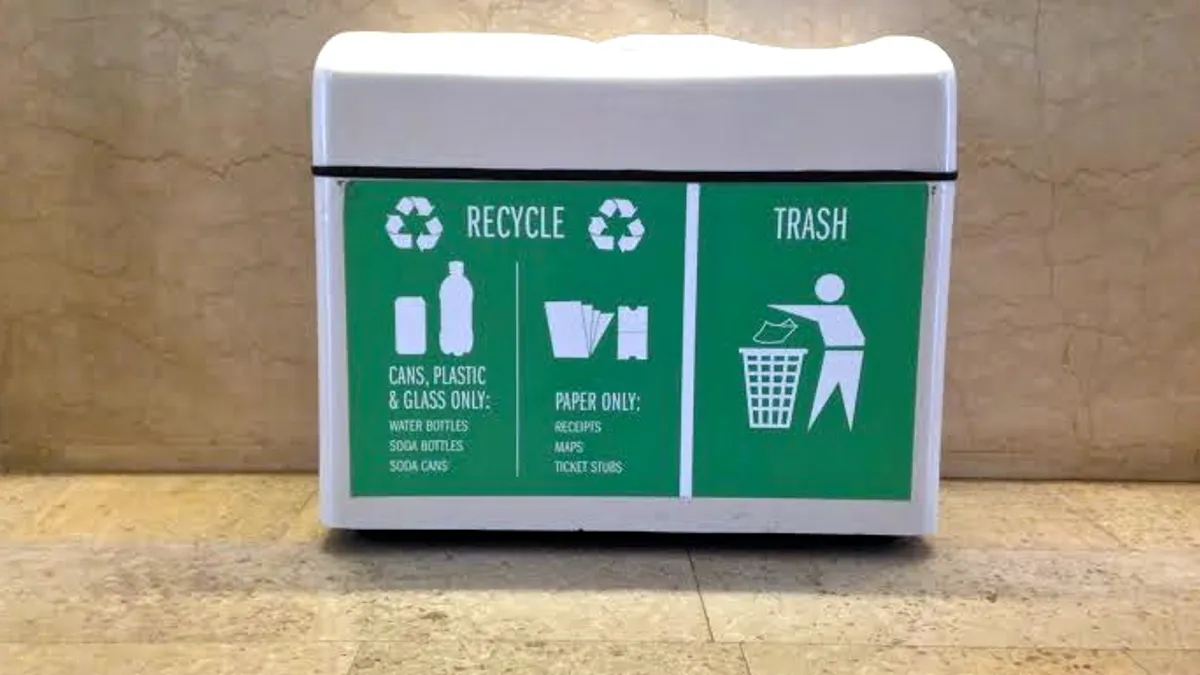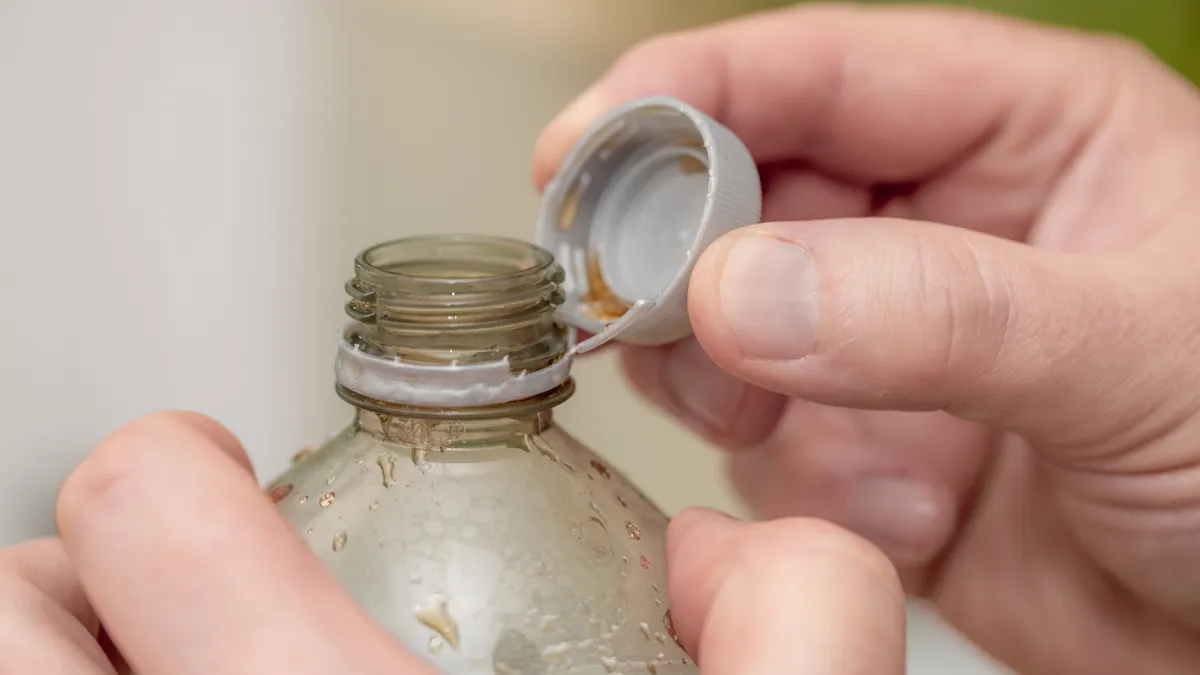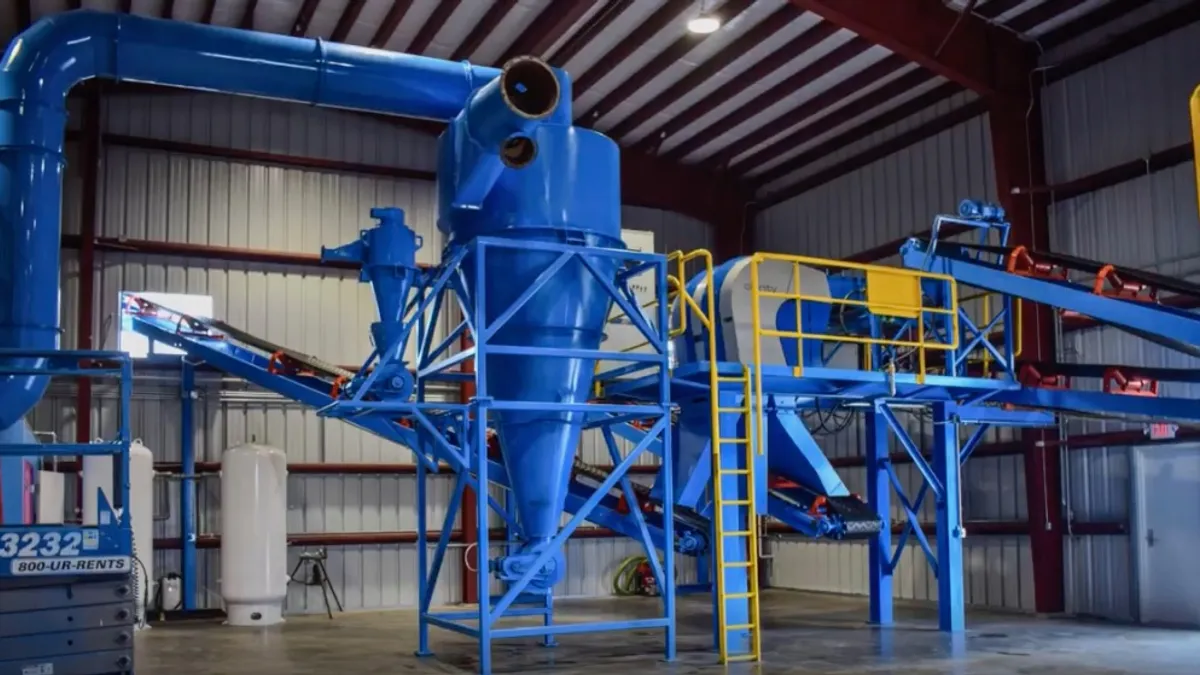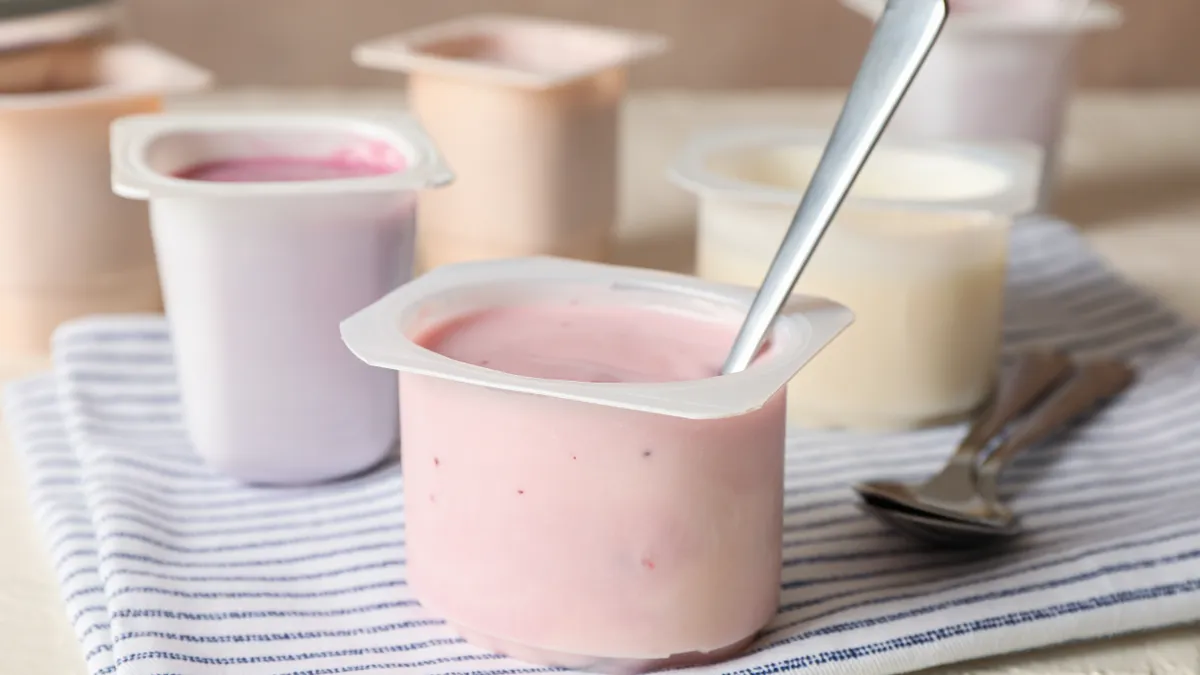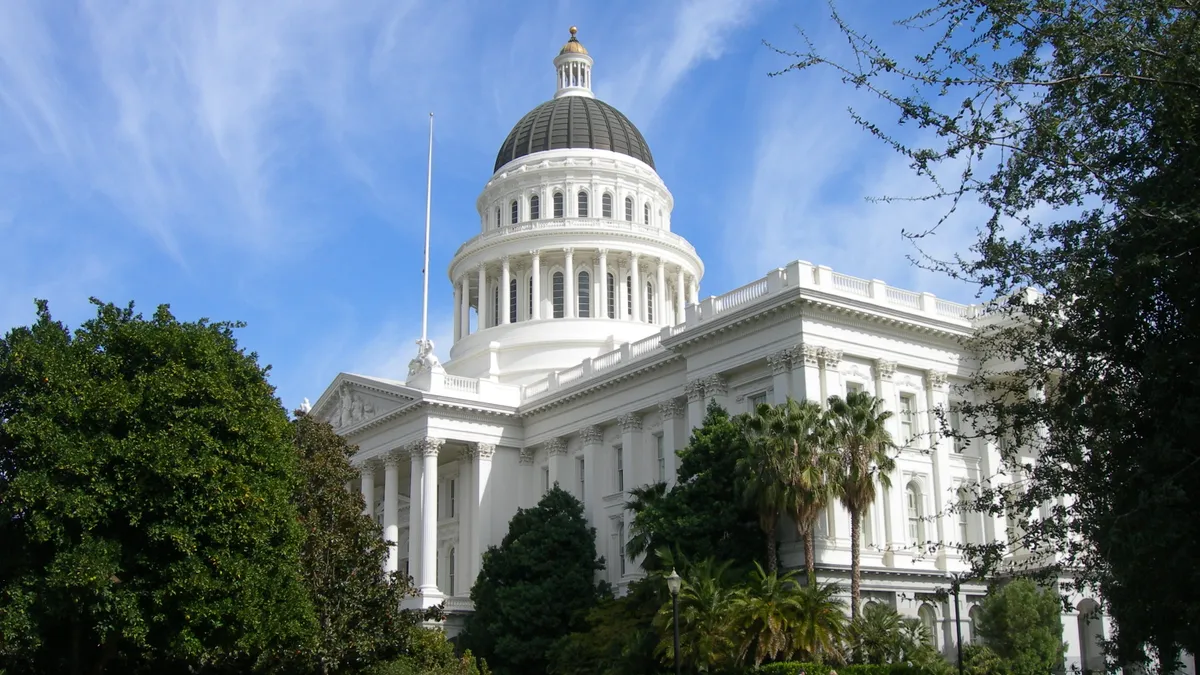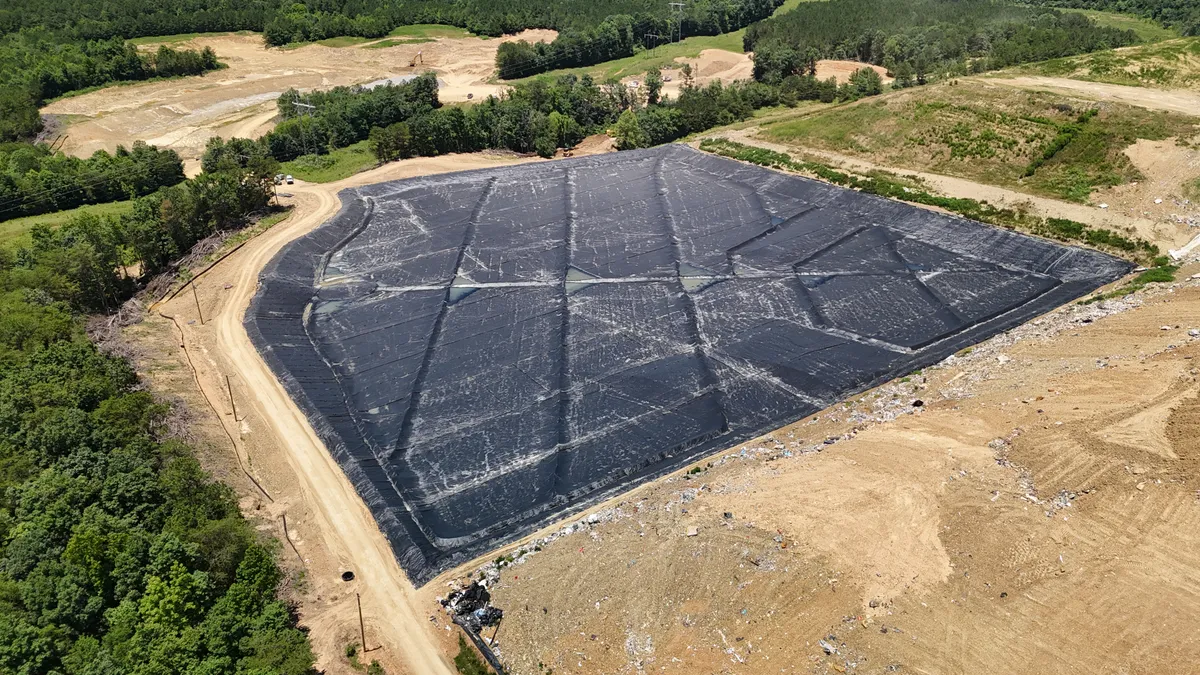The U.S. recycling industry has done a fine job of placing a recycling bin within a plastic-bottle's toss of most consumers.
In 2014, 96% of consumers had access to paper and paperboard recycling, up from 87% in 2010. As for plastics, 94% have access to bottle recycling and 40% to other types of plastics. And glass and aluminum cans are commonly picked up curbside.
So Americans must be savvy about what's recyclable and what's not, right? Wrong.
In a 2014 online poll by the Institute of Scrap Recycling Industries and Earth911, 65% of respondents said they don’t understand what plastics are acceptable in curbside collection.
And confusion leads to contaminated recycling.
Susan Robinson, director of public affairs at Waste Management, told USA TODAY the recycling that the industry giant processes is 16% contaminated, double the average of the 8% contamination rate 10 years ago. The Environmental Research & Education Foundation has found that contamination rates on average rose from 7% in 2007 in 437 facilities to 16% in 2013 in the 97 facilities so far counted.
National Waste & Recycling Association President and CEO Sharon Kneiss said, "Part of the reason for contamination is what I call 'aspirational recycling' — where people with the greatest intent believe you should be able to recycle this, so the logic is, (the processors will) figure it out. It just unfortunately doesn't work that way."
In other words, when people don’t know whether an item is recyclable, they just throw it in the bin.
But why is there so much confusion?
1. All recycling is local
Every municipal or private recycling service, whether curbside or drop-off, has its own rules about what can be recycled. In the ISRI poll, 28% said the problem was "understanding what types of plastic my municipality accepts in their curbside recycling program." Some take plastic bags, but many don't. A few take Styrofoam, but the majority do not. It's important for residents to know the rules and to stick to them to avoid contaminating the recycling stream. And it's just as important for the service providers to make the rules clear.
2. It's a numbers game
So, let's say a recycler takes plastic. What kind of plastic? Soda bottles? Usually. Plastic foam? Usually not. All plastics have a number stamped inside the recycling symbol, from 1 to 7. But not all the numbers can go in all the recycling bins. "The resin identification codes were never meant to be the amateur's guide to recycling," Packaging Digest writes.
3. Who's telling the truth?
There is controversy about whether certain items are recyclable. New York City recently made news when it banned Styrofoam food containers. Restaurant owners and manufacturer Dart Container Corp. argued that the product is recyclable, while the city said for all practical purposes, it is not. So consumers get confused.
4. Bans
Some places ban plastic bags or Styrofoam cups, so that must mean they're not recyclable, right? It depends. The purpose of banning or charging for the items is to keep them out of the waste stream, but that doesn't mean they can't be recycled elsewhere.
So where should consumers go for help in sorting out the confusion – and the recycling?
"What we do, at least in California, is really try to educate. In Santa Monica, we put stickers on every one of our containers which indicate — in photo, no text at all — what goes into the container and what can't go into the container," said Kim Braun, Resource Recovery & Recycling Manager at City of Santa Monica. "However, there are some things that are quite confusing. As an example, we do zero waste in our city hall so police do not have a trash can at their desk, they only have a recycling container, but they didn’t know that their Starbucks cup itself is compostable so it goes in the green [bin], the plastic lid is recyclable so it goes in the blue, but the straw is neither and it goes into the waste. And these are the things, when you get to the ultimate every day materials that you have, where you ask, where is it going to go? ... So when the sorting facilities – and it depends on your contractor and what the contract is for the residents that provide the service – they have to really get out there and make [residents] understand what it is that they need to do with their materials."
On a larger scale, the nonprofit Recycle Across America has launched its first national TV campaign to promote the organization's recycling labels in an attempt to create a nationally adopted system. The 30- and 60-second ads will star celebrities including Kristen Bell and Mark Ruffalo, who tell viewers, "Let's recycle right." Billboards and print ads are also part of the campaign.
NWRA also plans to ramp up its "Begin with the Bin" consumer education campaign.
And the nonprofit Keep America Beautiful has several fall initiatives in the works, including Recycle Bowl, a national K-12 school-based recycling competition.
Kristin Musulin contributed to this report from Orlando


